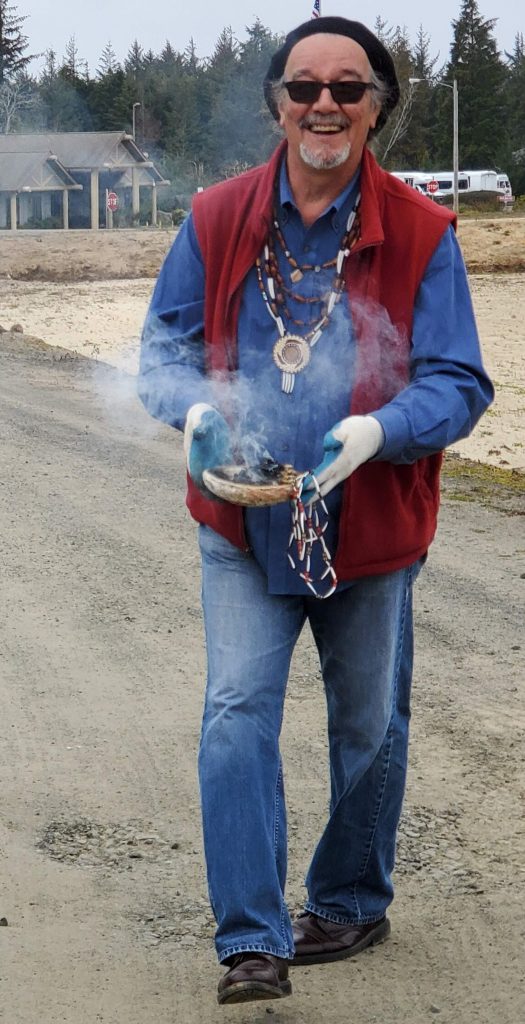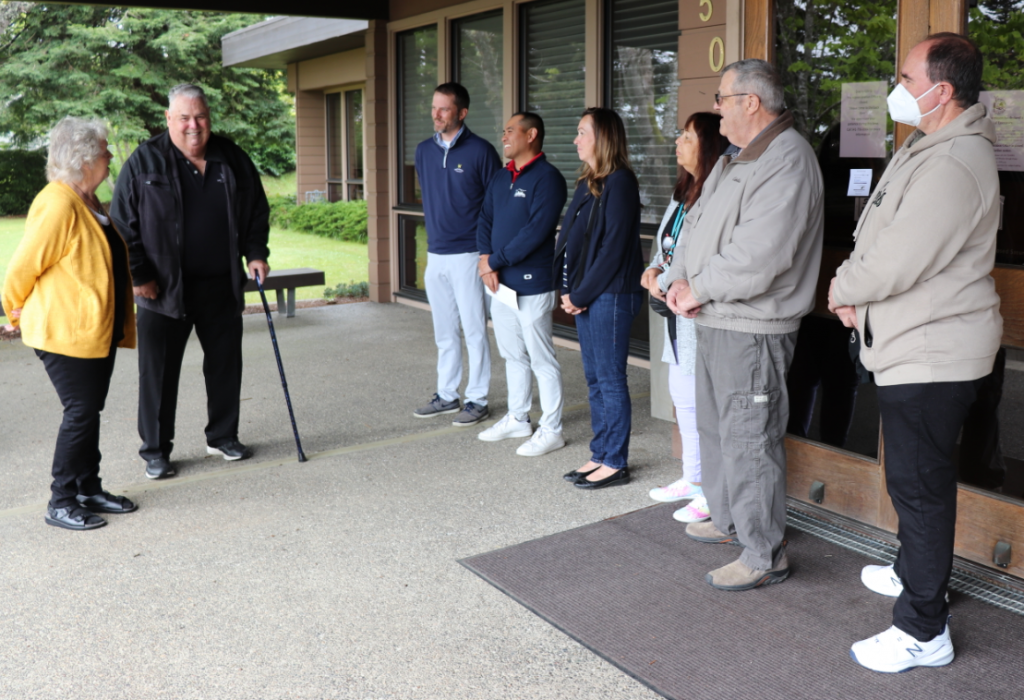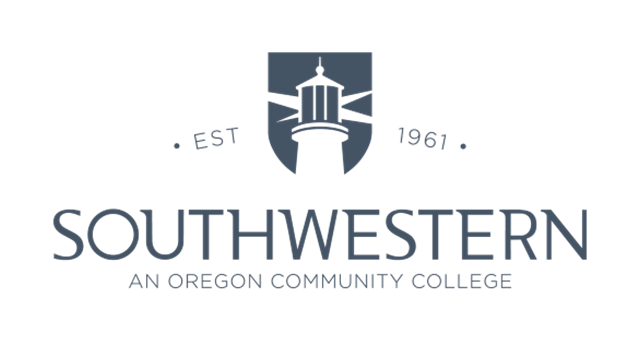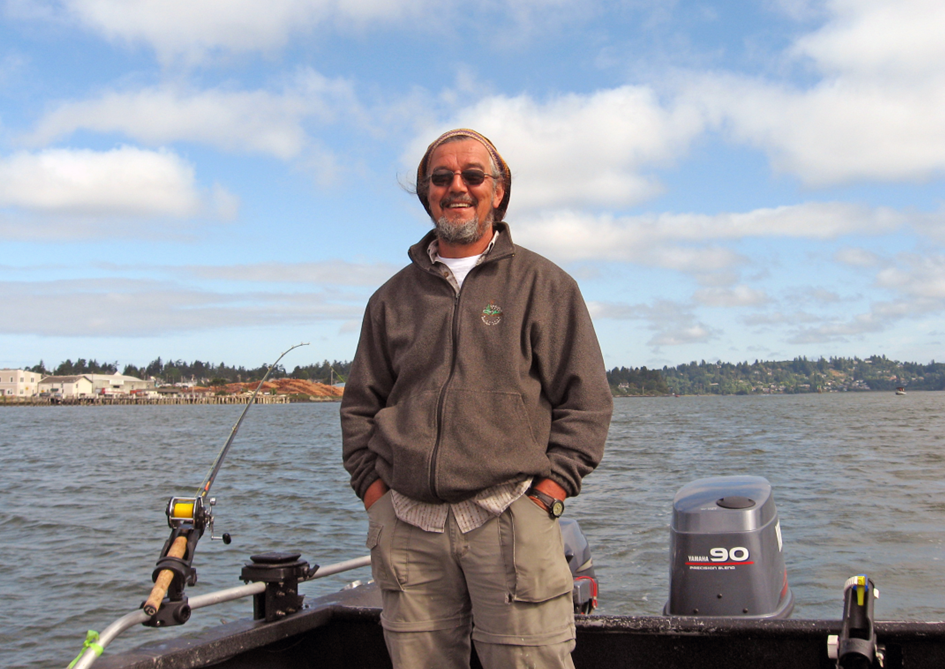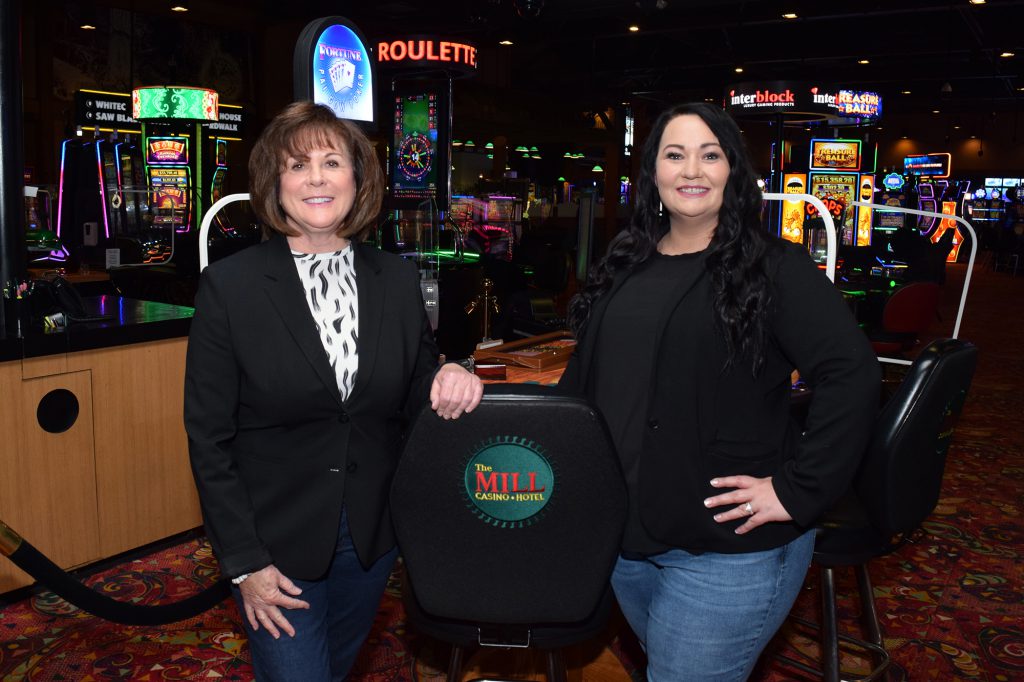Coquille Indian Tribe Offers Grants
Aug. 24, 2021
NORTH BEND – After focusing on pandemic-related projects in 2021, the Coquille Tribal Community Fund will return to supporting a broad range of community programs in 2022.
“We felt the need to assist the local COVID-19 response last time,” said tribal Chairman Brenda Meade. “In our new grant cycle, we’ll still consider COVID-related projects, but we also want to serve a variety of community needs.”
The tribe shared $266,107 with more than 60 community organizations and projects in southwestern Oregon in 2021. All the 2021 grants targeted pandemic-related expenses of local and regional organizations.
The grant recipients included food pantries, homeless programs, museums, community centers, veterans groups, services for children and even a couple of music programs.
“It’s a huge privilege to be able to help so many outstanding organizations and projects,” Meade said.
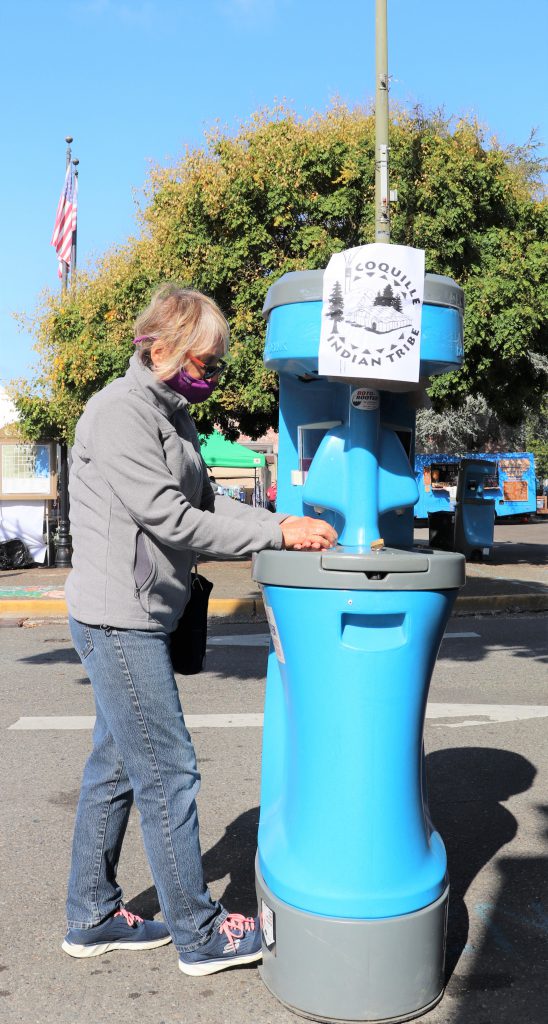
Master Gardener Marrie Caldiero of Coos Bay washes her hands while volunteering at the Coos Bay Farmers Market. The Coquille Tribal Community Fund provided $3,640 for the market to rent six mobile hand-washing stations – a requirement for staying open during the pandemic. ‘Basically we couldn’t have the market without the hand-washing stations,’ said Market Manager Melissa Hasart. The market was one of 60-plus community organizations that shared more than a quarter-million dollars in grants this year.
The biggest share of the money, about $97,000, went to Coos County organizations. Lane County groups received about $52,000, Jackson County $44,000, Douglas County $33,000, and Curry County $33,000.
The five counties make up the Coquille Tribe’s congressionally designated service area, based on significant populations of tribal members living in each county. The grants are funded by a share of annual revenue from The Mill Casino-Hotel & RV Park in North Bend.
The tribal fund is one of southwestern Oregon’s leading sources of community grants, distributing more than $7 million over the past two decades.
The fund will accept letters of inquiry for its upcoming grant cycle during September and October from organizations in all five counties. As in years past, the 2022 grants will focus on seven categories: education, public safety, arts and culture, environment, historic preservation, health and gaming addiction.
“We give big grants and little ones,” said Jackie Chambers, the fund’s administrator. “We encourage all kinds of projects and programs to apply.”
Letters of inquiry for the 2022 grants are due Oct. 31. Organizations whose letters are accepted will be invited to submit formal applications by Nov. 30. Grants will be announced in late February or early March.
For more information, visit the tribal fund website at www.coquilletribalfund.org, or contact Chambers at [email protected] or (541) 756-0904, ext. 1201.
Click here to see a list of all 2021 grants.

